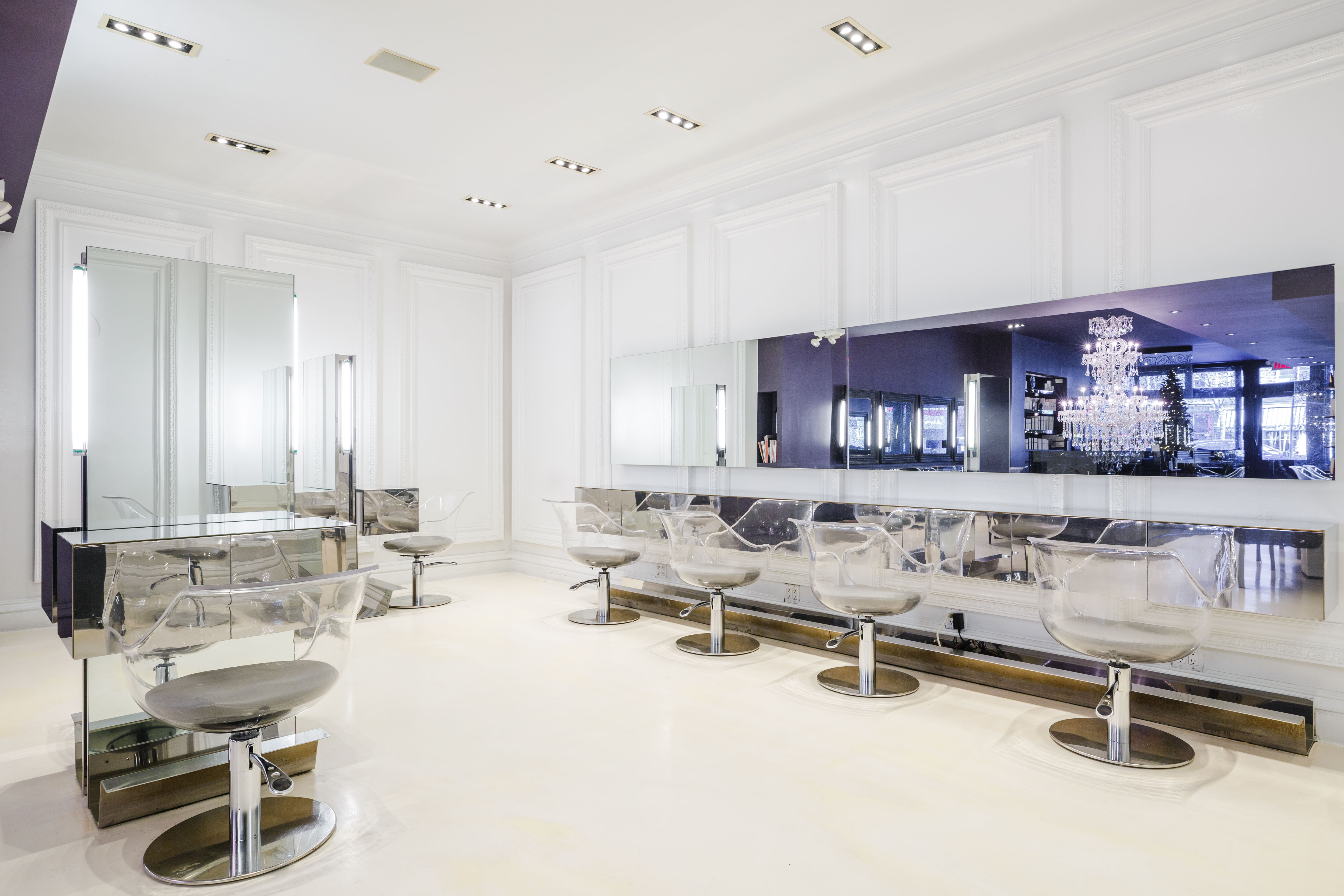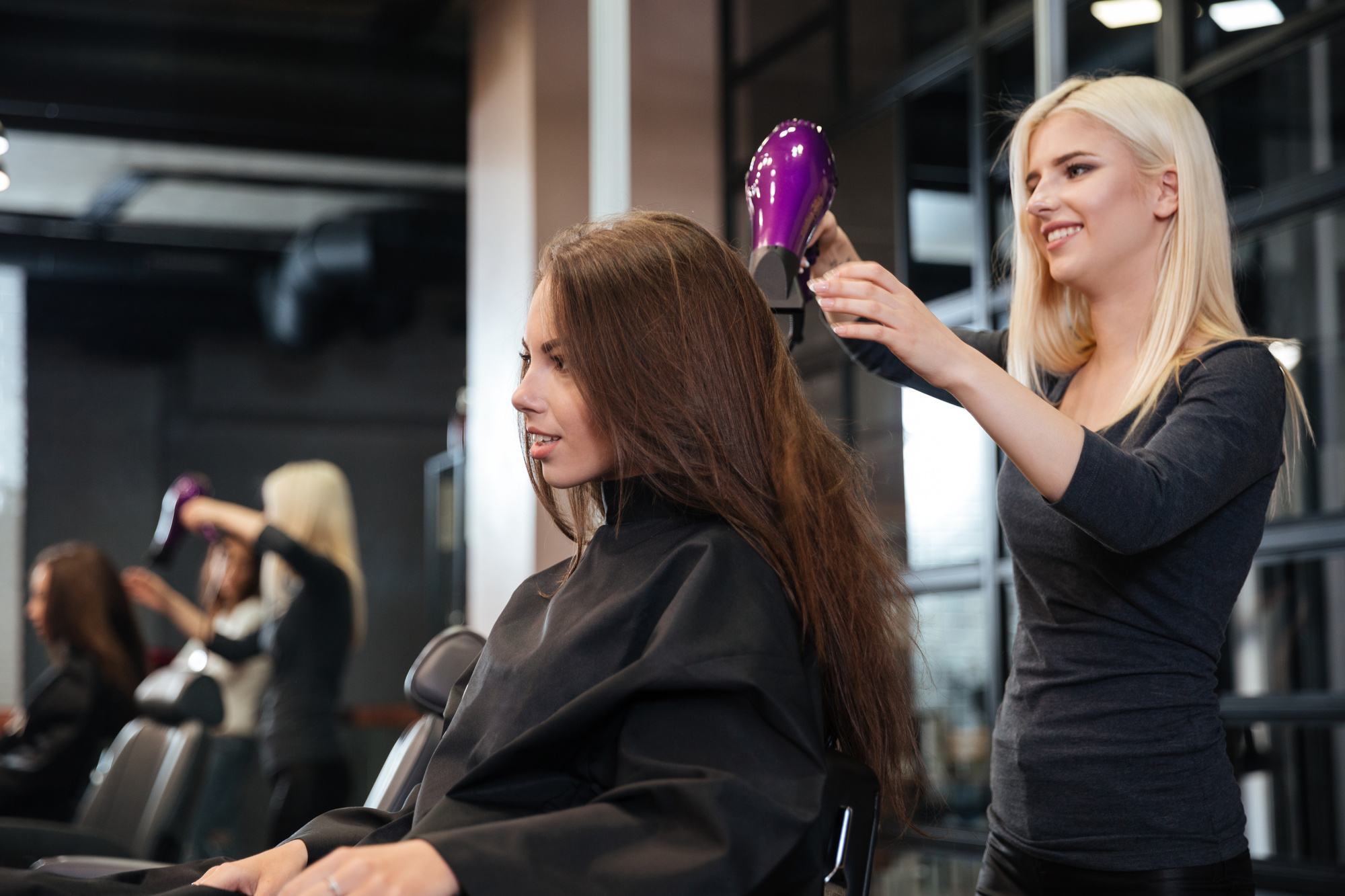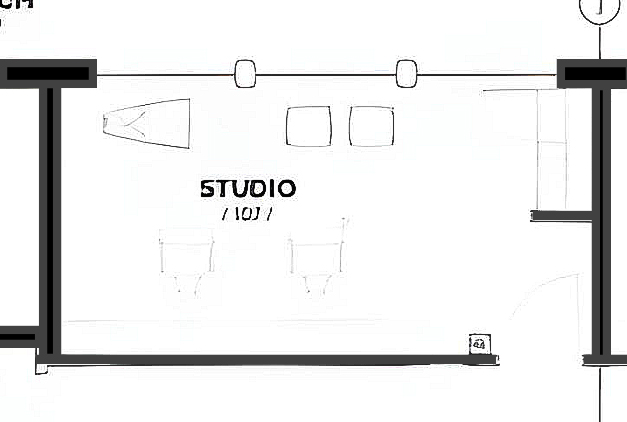Versatile Booth Rental Alternatives for Charm Professionals
Wiki Article
Strategic Choices: Weighing the Advantage of Renting Out Versus Owning a Salon Room to Enhance Long-Term Success and Financial Viability
When it involves establishing a hair salon company, among the important decisions that proprietors must meticulously consider is whether to rent out or own the area in which they run. The option in between renting and having a beauty salon room can have a significant effect on the lasting success and monetary wellness of the service. Variables such as functional adaptability, financial implications, and financial investment possible play an essential role in this calculated decision-making procedure. By checking out the benefits and downsides of each option, beauty salon proprietors can make enlightened choices that line up with their service objectives and desires.
Pros and Disadvantages of Renting
When thinking about the decision in between renting a hair salon area or owning one, it is vital to weigh the benefits and drawbacks of leasing to make an enlightened option. One key advantage of leasing a beauty parlor area is the flexibility it supplies. Leasing allows hair salon proprietors to test various areas or high end their organization without the commitment of a long-term home mortgage. Additionally, renting out normally involves less upfront expenses, making it a much more easily accessible option for new salon proprietors or those with budget restrictions.
Financial Variables to Consider

Thinking about the economic implications of leasing a hair salon space versus having one is crucial for making a well-informed service choice. When evaluating the monetary aspects, it is crucial to assess the preliminary expenses connected with each alternative. Renting a beauty salon area normally calls for a down payment and monthly lease repayments, whereas possessing entails a down settlement, home mortgage settlements, real estate tax, and maintenance costs.
Additionally, the long-lasting monetary ramifications vary in between leasing and having. Leasing offers flexibility but may cause greater advancing expenses gradually because of rental increases. On the other hand, possessing a hair salon room uses prospective equity growth and the possibility to construct possessions. It is essential to carry out a cost-benefit analysis to determine which alternative straightens finest with your monetary goals and business approach.
In addition, think about the impact on cash money circulation and productivity. Leasing may use lower in advance prices, allowing you to allocate even more sources to advertising and marketing and company development. In contrast, possessing needs a substantial preliminary financial investment but might lead to set you back financial savings in the long run. Evaluating these monetary variables thoroughly will aid you make a strategic decision that maximizes your salon's lasting success and monetary feasibility.
Operational Flexibility and Control
Ideal operational effectiveness plays browse this site an essential function in figuring out the equilibrium in between adaptability and control when deciding between renting and possessing a salon area. Renting a beauty parlor area offers fundamental flexibility as it enables simpler adjustments to altering market problems, consumer choices, or company requirements. This versatility is especially valuable for brand-new beauty parlor proprietors or those aiming to examine various places before committing long-term. In addition, renting out supplies the advantage of not being restrained to a specific building, allowing simpler relocation if essential.On the various other useful link hand, having a salon area provides a better sense of control over the building and its operations. Proprietors have the flexibility to tailor the area to their taste, carry out long-term methods without the threat of lease terminations, and possibly build equity with time. Nevertheless, possession also comes with duties such as residential or commercial property upkeep, insurance policy, and real estate tax, which can influence the overall monetary dedication.
Inevitably, the choice in between renting and owning ought to think about the wanted degree of functional adaptability and control that aligns with the beauty salon's long-lasting goals and vision.
Financial Investment Possible in Possession
Provided the operational considerations discussed previously, discovering the financial investment possibility in beauty parlor ownership sheds light on the financial implications and lasting advantages that include owning a salon room. Hair salon possession provides a distinct chance for entrepreneurs to build equity and properties gradually. By purchasing a salon room, proprietors have the potential to take advantage of property admiration, which can act as a useful asset over time. Furthermore, having a beauty parlor gives stability in terms of set home mortgage repayments, providing predictability in monetary preparation compared to varying rental rates.
look at these guys Furthermore, possession permits higher control over the room, enabling owners to personalize and tailor the salon to their specific brand and vision without the restrictions often imposed by landlords. This degree of control can boost the overall customer experience and brand identification, possibly causing boosted client retention and company growth.
In regards to financial investment potential, possessing a hair salon space can also open up opportunities for extra income streams, such as renting out unused area to various other appeal specialists or including retail sales within the hair salon. Nail salon. These varied revenue resources can add to the total economic wellness and sustainability of the organization
Long-Term Security and Development
With a concentrate on sustainability and development with time, developing long-lasting stability and cultivating development are essential elements of beauty salon ownership. To make sure long-lasting stability, salon owners must thoroughly consider variables such as area, market patterns, and financial planning. Choosing in between leasing and owning a hair salon room plays a considerable function in identifying the business's development capacity.Leasing a salon room provides flexibility and reduced initial expenses, allowing owners to allocate sources towards enhancing solutions and advertising efforts. By possessing the room, hair salon owners have more control over personalizing the property to fit their brand and can benefit from lasting asset growth.
Eventually, the decision in between leasing and owning a beauty salon space must line up with the proprietor's lasting business objectives and financial objectives. Whether prioritizing flexibility or equity structure, a calculated approach to property possession can significantly impact the salon's security and development trajectory.
Verdict
In verdict, the choice between renting and owning a salon room needs a cautious evaluation of financial factors, operational adaptability, investment potential, and long-term security. Both choices come with their own collection of benefits and drawbacks, and it is important for beauty salon owners to consider these aspects to optimize long-lasting success and monetary viability. Booth rental. Eventually, the choice in between renting and possessing ought to be based upon a detailed analysis of specific service goals and conditionsReport this wiki page